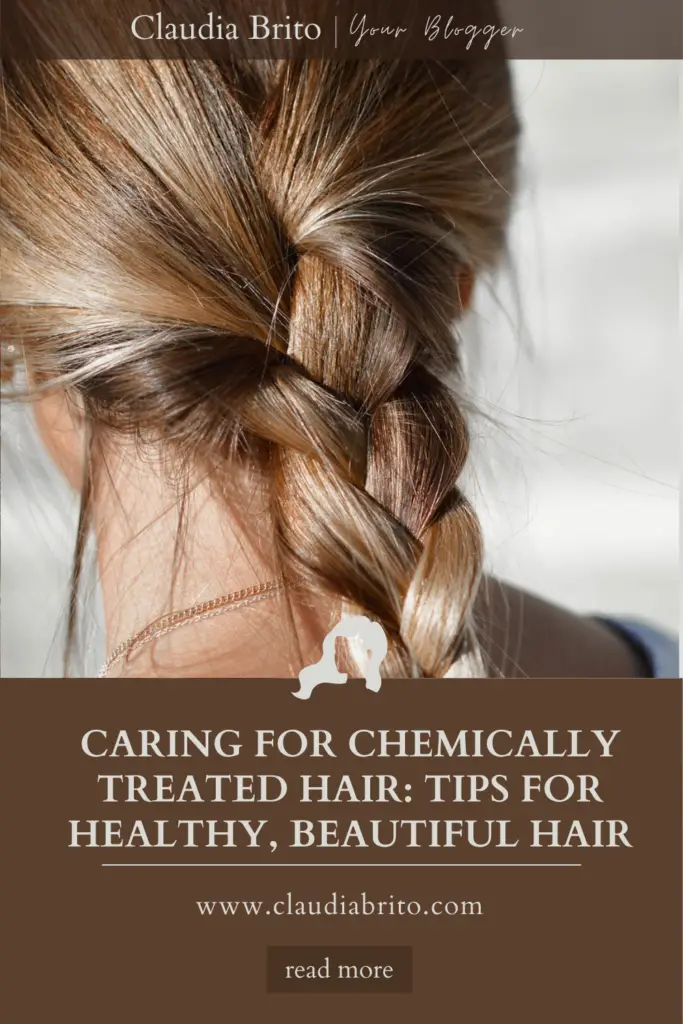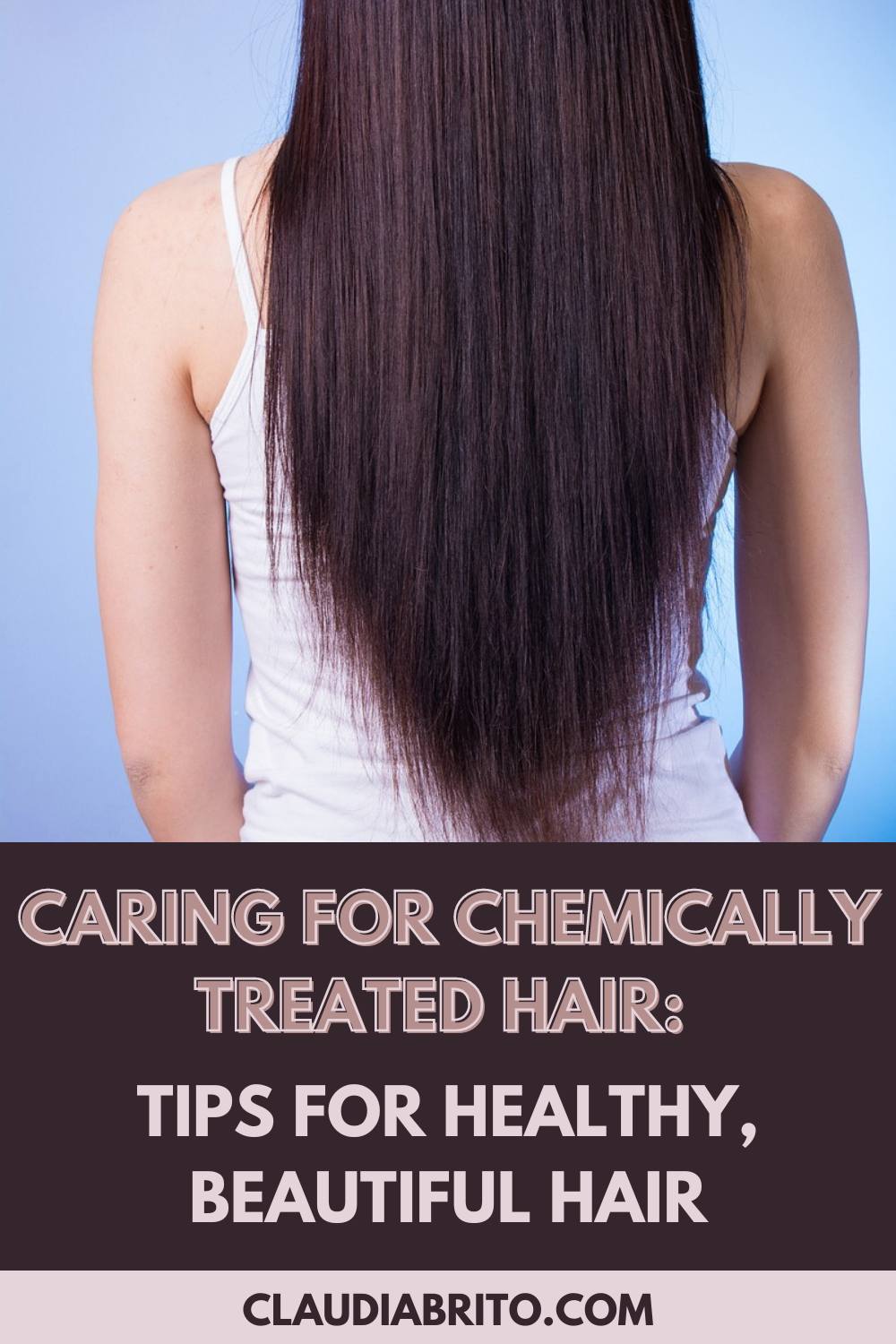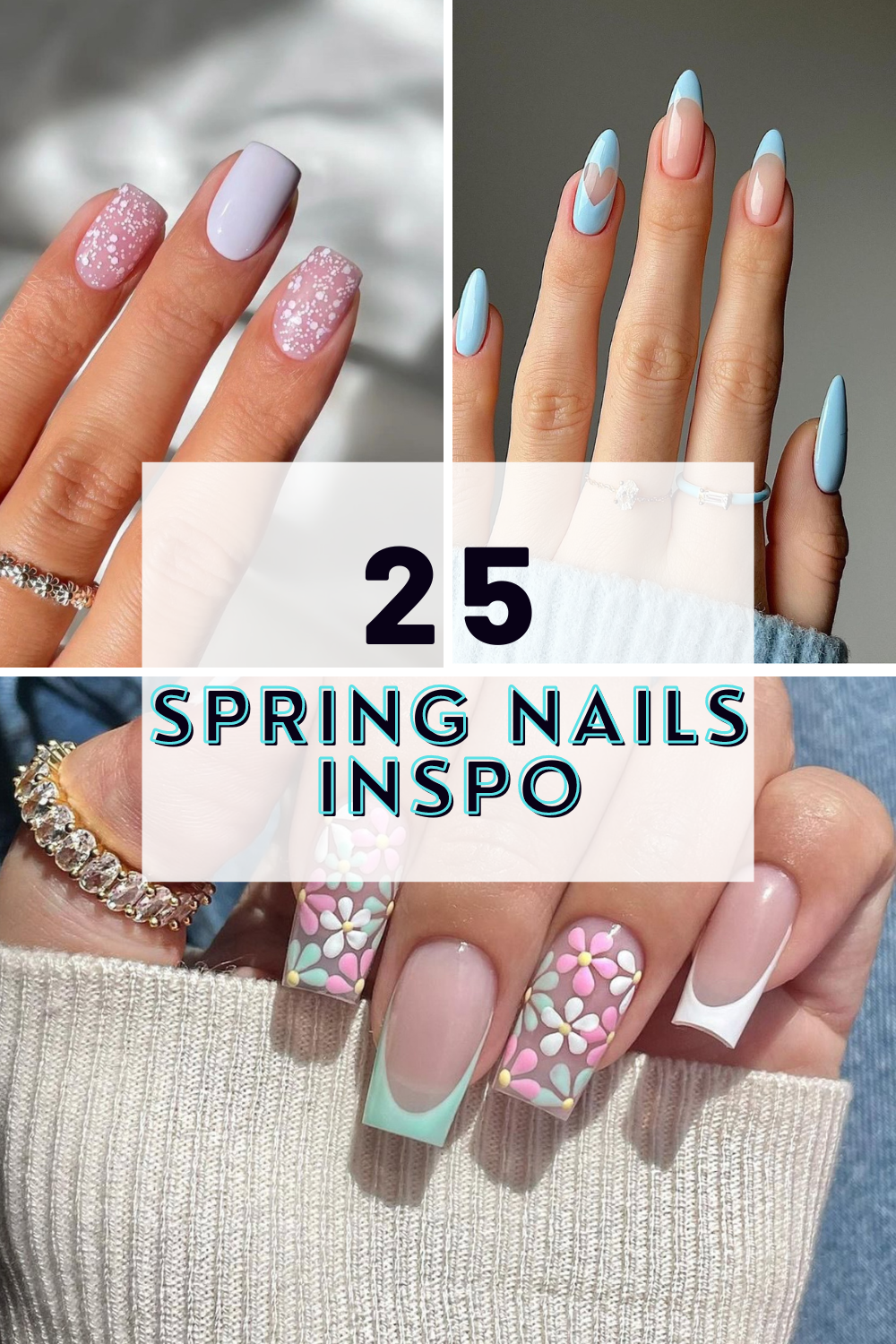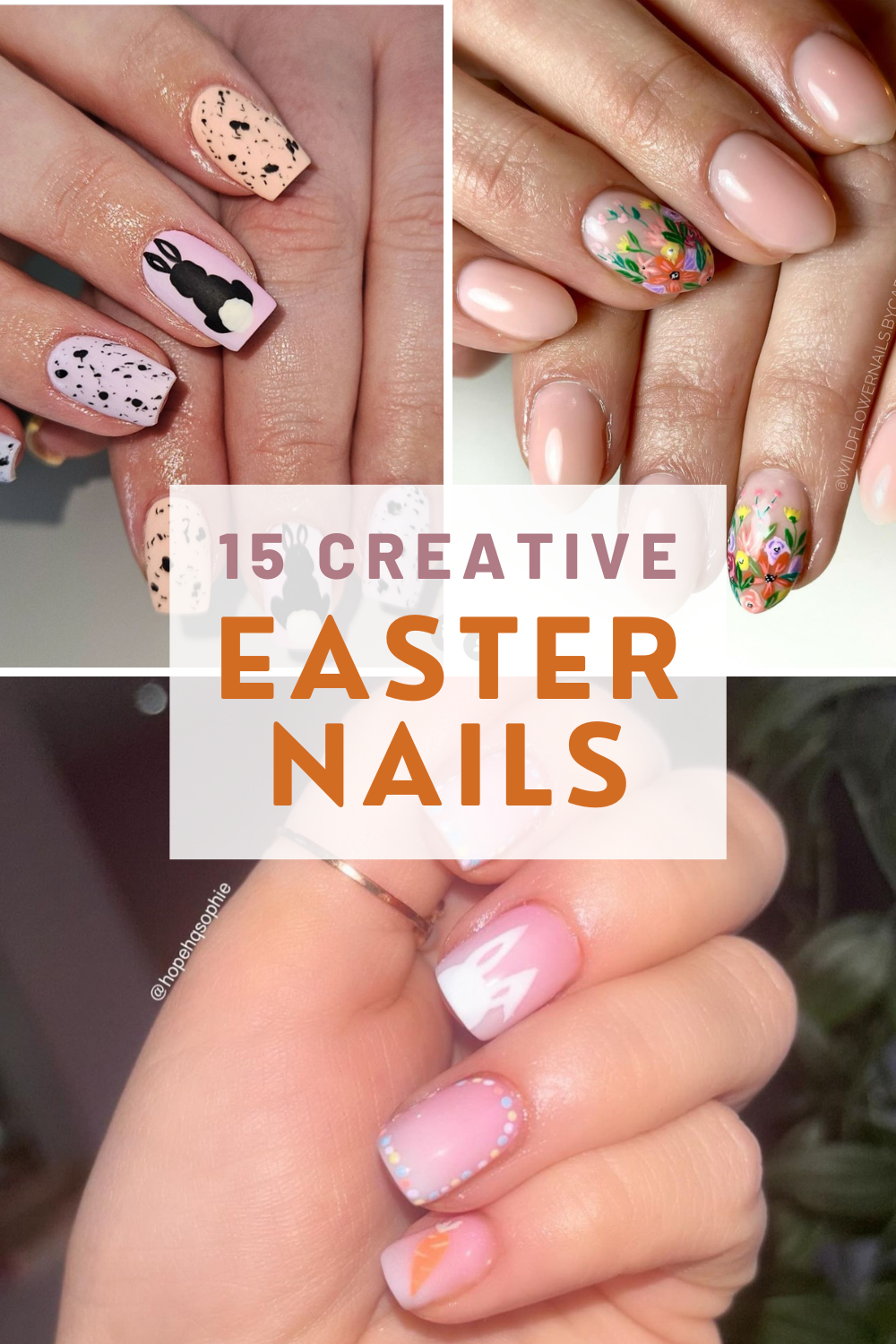Chemically treated hair can look amazing, but it requires special care to stay healthy and strong. Whether you’ve colored, bleached, permed, or relaxed your hair, chemical processes alter its structure, leaving it more prone to damage. In this guide, we’ll cover essential tips and products you can use to maintain the health, shine, and integrity of your chemically processed hair.

What Is Chemically Treated Hair?
Chemically treated hair refers to any hair that has undergone processes like coloring, bleaching, perming, relaxing, or smoothing treatments like keratin. While these treatments can help you achieve the look you desire, they also change the hair’s natural texture and moisture balance. This makes it important to adjust your hair care routine to focus on nourishment, protection, and repair.
Top Effects of Chemical Treatments on Hair
Chemical treatments can affect hair in various ways:
- Weakens hair bonds: Chemical treatments alter the protein structure, making hair more fragile.
- Strips natural oils: Treatments like coloring or bleaching can strip away essential oils, causing dryness.
- Increases porosity: The hair becomes more porous, meaning it absorbs moisture faster but also loses it quickly.
- Makes hair more vulnerable to damage: Chemically treated hair can be more prone to split ends and breakage.
Essential Tips for Caring for Chemically Treated Hair
Use the Right Hair Care Products Choose sulfate-free shampoos and conditioners formulated for chemically treated hair. Look for hydrating ingredients such as keratin, argan oil, coconut oil, and glycerin, which help maintain moisture and repair damage.Pro tip: Products like the L’Oréal Paris EverPure Repair & Defend Shampoo and Conditioner are excellent choices as they strengthen and protect chemically processed hair.
Deep Conditioning is a Must Chemically treated hair needs regular deep conditioning to restore lost moisture and improve elasticity. Incorporate a deep conditioner into your routine at least once a week, focusing on the mid-lengths to the ends of your hair. Leave it on for 15-30 minutes for best results, and use a shower cap to enhance absorption.

Don’t Forget Protein Treatments Protein treatments are vital for repairing damaged hair. They fill in gaps in the hair cuticle, strengthen the hair shaft, and reduce breakage. Products like Dove’s Anti-Frizz Oil Therapy Hair Mask help rebuild and reinforce hair strands.Pro tip: Aim to use protein treatments every 4-6 weeks depending on your hair’s condition.
Try Bond-Building Treatments Bond-building treatments target the internal structure of the hair, repairing bonds that may have been broken during chemical treatments. Brands like Olaplex No. 3 Hair Perfector and K18 Leave-In Molecular Repair Hair Mask work at a molecular level to restore hair’s strength.
Minimize Heat Styling Chemically treated hair is more prone to heat damage, so it’s important to minimize the use of hot tools. When you do use them, always apply a heat protectant and set tools to the lowest effective temperature.
Tailoring Care for Specific Chemical Treatments
- Colored Hair: Opt for color-safe shampoos and conditioners, and avoid hot water to preserve your color. Protect your hair from sun exposure using UV-protective products.
- Bleached Hair: Focus on moisture and protein treatments. Use a purple shampoo to prevent brassiness and protect your hair from chlorine by rinsing it with fresh water after swimming.
- Permed Hair: Wait at least 48 hours after perming before washing your hair. Use curl-enhancing products and avoid brushing dry hair to maintain your curls.
- Relaxed Hair: Stretch the time between touch-ups and avoid applying relaxers on previously treated hair. Moisturize regularly and consider protein treatments to keep your hair strong.
Protect Your Hair Daily
To protect your chemically treated hair from environmental damage, follow these tips:
- Sun protection: Use hair products with UV filters, or cover your hair with a hat when exposed to the sun.
- Swimming protection: Always apply a leave-in conditioner or protective oil before swimming, and rinse your hair thoroughly with fresh water afterward.
- Avoid overwashing: Washing your hair too often can strip essential oils. Stick to washing 2-3 times a week and use dry shampoo between washes.
DIY Hair Masks for Extra Nourishment
For an extra boost of hydration and repair, try these DIY hair masks at home:
- Avocado and Honey Mask: Mash one ripe avocado with two tablespoons of honey and apply it to damp hair. Leave it on for 30 minutes, then rinse thoroughly.
- Coconut Oil and Aloe Vera Mask: Mix two tablespoons of coconut oil with two tablespoons of aloe vera gel. Apply the mixture to your scalp and hair for deep nourishment.
Lifestyle Tips for Healthy Chemically Treated Hair
Your lifestyle also impacts your hair’s health. Here are a few key factors to keep in mind:
- Diet: Eat foods rich in biotin, omega-3 fatty acids, and vitamins A, C, and E to support hair growth and strength.
- Hydration: Drink plenty of water to keep your hair hydrated from within.
- Exercise and stress management: Regular exercise improves blood flow to your scalp, while managing stress can prevent hair issues like thinning.
When to Seek Professional Help
If you notice excessive breakage, scalp irritation, or a significant change in your hair texture, consult a professional stylist or trichologist. They can help diagnose the issue and recommend the right treatments for your specific needs.
Conclusion
Caring for chemically treated hair doesn’t have to be overwhelming. By using the right products, minimizing heat styling, and incorporating regular deep conditioning and protein treatments, you can keep your hair healthy, shiny, and strong. Remember, each type of chemically treated hair requires a slightly different approach, so tailor your routine accordingly. With the proper care, your hair can look and feel amazing, showcasing your unique style.
YOU MIGHT ALSO LIKE
6 Clear Signs He Is Not Interested In You!
Knowing that someone is not truly interested in you is harder than we can imagine! And this might happen because of different reasons: In some cases, we end…
4 min read
How To Romanticize Your Life
This New Gen Z era has created this beautiful concept of romanticizing your life; and if you do it the correct way, it can indeed bring you a…
4 min read
25 Nail Inspo For Spring 2024
It’s SPRING TIME!! As we are starting to see the flowers bloom and the temperature rise, it’s definitely time to refresh your nail game with girly designs that…
4 min read
15 Easter Nail Inspo For You!
Easter is literally a few days away! And as it approaches, this is the perfect opportunity to provide here some festive inspo for your nail game for this…
4 min read
How to have a good marriage with time?
No one marries to have a nightmare in the household! People marry because they are in love, but also because they see their lives together with the partner…
4 min read
Breaking all the myths about Relationships (and love life) + TIPS!
If you clicked on this blog post is because you also want to know about all the myths in relationships and what entails. And so did I when…
4 min read






